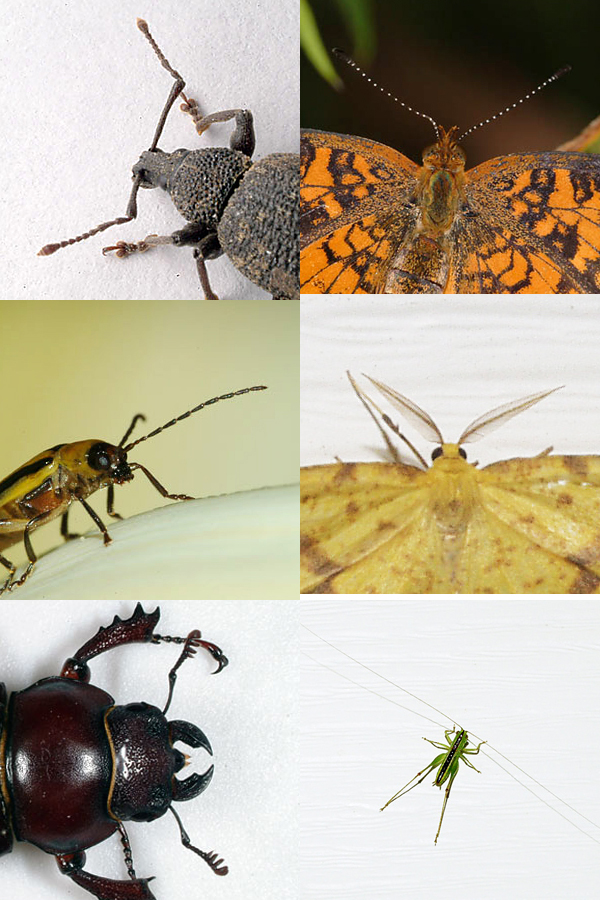|
Trogium Pulsatorium
''Trogium pulsatorium'', known generally as larger pale booklouse, is a species of granary booklouse in the family Trogiidae. Other common names include the deathwatch, common booklouse, and grain psocid. It is found in Africa, Australia, Europe and Northern Asia (excluding China), Central America, North America, Southern Asia, New Zealand New Zealand ( mi, Aotearoa ) is an island country in the southwestern Pacific Ocean. It consists of two main landmasses—the North Island () and the South Island ()—and over 700 smaller islands. It is the sixth-largest island count ..., and Antarctica. References External links * Trogiidae Articles created by Qbugbot Insects described in 1758 Taxa named by Carl Linnaeus {{psocoptera-stub ... [...More Info...] [...Related Items...] OR: [Wikipedia] [Google] [Baidu] |
Carl Linnaeus
Carl Linnaeus (; 23 May 1707 – 10 January 1778), also known after his ennoblement in 1761 as Carl von Linné Blunt (2004), p. 171. (), was a Swedish botanist, zoologist, taxonomist, and physician who formalised binomial nomenclature, the modern system of naming organisms. He is known as the "father of modern taxonomy". Many of his writings were in Latin; his name is rendered in Latin as and, after his 1761 ennoblement, as . Linnaeus was born in Råshult, the countryside of Småland, in southern Sweden. He received most of his higher education at Uppsala University and began giving lectures in botany there in 1730. He lived abroad between 1735 and 1738, where he studied and also published the first edition of his ' in the Netherlands. He then returned to Sweden where he became professor of medicine and botany at Uppsala. In the 1740s, he was sent on several journeys through Sweden to find and classify plants and animals. In the 1750s and 1760s, he continued to collect an ... [...More Info...] [...Related Items...] OR: [Wikipedia] [Google] [Baidu] |
Trogiidae
Trogiidae is a family (biology), family of granary booklice in the order (biology), order Psocodea (formerly Psocoptera). There are about 11 genera and more than 50 described species in Trogiidae. Genera These 11 genera belong to the family Trogiidae: * ''Anomocopeus'' Badonnel, 1967 * ''Cerobasis'' Kolbe, 1882 * ''Helenatropos'' Lienhard, 2005 * ''Helminotrogia'' Li, 2002 * ''Lepinotus'' Heyden, 1850 * ''Myrmicodipnella'' Enderlein, 1909 * ''Phlebotrogia'' Li, 2002 * ''Spinatropos'' Lienhard, 2000 * ''Trogium'' Illiger, 1798 *†''Cretolepinotus'' Cockx et al. 2020 Canadian amber, Wapiti Formation, Campanian * † ''Eolepinotus'' Vishnyakova, 1975 Taimyr amber, Russia, Santonian * † ''Paralepinotus'' Azar et al., 2018 Fushun amber, China, Ypresian References Further reading * External links * Trogiidae, Trogiomorpha Articles created by Qbugbot {{psocoptera-stub ... [...More Info...] [...Related Items...] OR: [Wikipedia] [Google] [Baidu] |
New Zealand
New Zealand ( mi, Aotearoa ) is an island country in the southwestern Pacific Ocean. It consists of two main landmasses—the North Island () and the South Island ()—and over 700 smaller islands. It is the sixth-largest island country by area, covering . New Zealand is about east of Australia across the Tasman Sea and south of the islands of New Caledonia, Fiji, and Tonga. The country's varied topography and sharp mountain peaks, including the Southern Alps, owe much to tectonic uplift and volcanic eruptions. New Zealand's capital city is Wellington, and its most populous city is Auckland. The islands of New Zealand were the last large habitable land to be settled by humans. Between about 1280 and 1350, Polynesians began to settle in the islands and then developed a distinctive Māori culture. In 1642, the Dutch explorer Abel Tasman became the first European to sight and record New Zealand. In 1840, representatives of the United Kingdom and Māori chiefs ... [...More Info...] [...Related Items...] OR: [Wikipedia] [Google] [Baidu] |
Articles Created By Qbugbot
Article often refers to: * Article (grammar), a grammatical element used to indicate definiteness or indefiniteness * Article (publishing), a piece of nonfictional prose that is an independent part of a publication Article may also refer to: Government and law * Article (European Union), articles of treaties of the European Union * Articles of association, the regulations governing a company, used in India, the UK and other countries * Articles of clerkship, the contract accepted to become an articled clerk * Articles of Confederation, the predecessor to the current United States Constitution *Article of Impeachment, a formal document and charge used for impeachment in the United States * Articles of incorporation, for corporations, U.S. equivalent of articles of association * Articles of organization, for limited liability organizations, a U.S. equivalent of articles of association Other uses * Article, an HTML element, delimited by the tags and * Article of clothing, an i ... [...More Info...] [...Related Items...] OR: [Wikipedia] [Google] [Baidu] |
Insects Described In 1758
Insects (from Latin ') are pancrustacean hexapod invertebrates of the class Insecta. They are the largest group within the arthropod phylum. Insects have a chitinous exoskeleton, a three-part body (head, thorax and abdomen), three pairs of jointed legs, compound eyes and one pair of antennae. Their blood is not totally contained in vessels; some circulates in an open cavity known as the haemocoel. Insects are the most diverse group of animals; they include more than a million described species and represent more than half of all known living organisms. The total number of extant species is estimated at between six and ten million; In: potentially over 90% of the animal life forms on Earth are insects. Insects may be found in nearly all environments, although only a small number of species reside in the oceans, which are dominated by another arthropod group, crustaceans, which recent research has indicated insects are nested within. Nearly all insects hatch from eggs. Inse ... [...More Info...] [...Related Items...] OR: [Wikipedia] [Google] [Baidu] |


